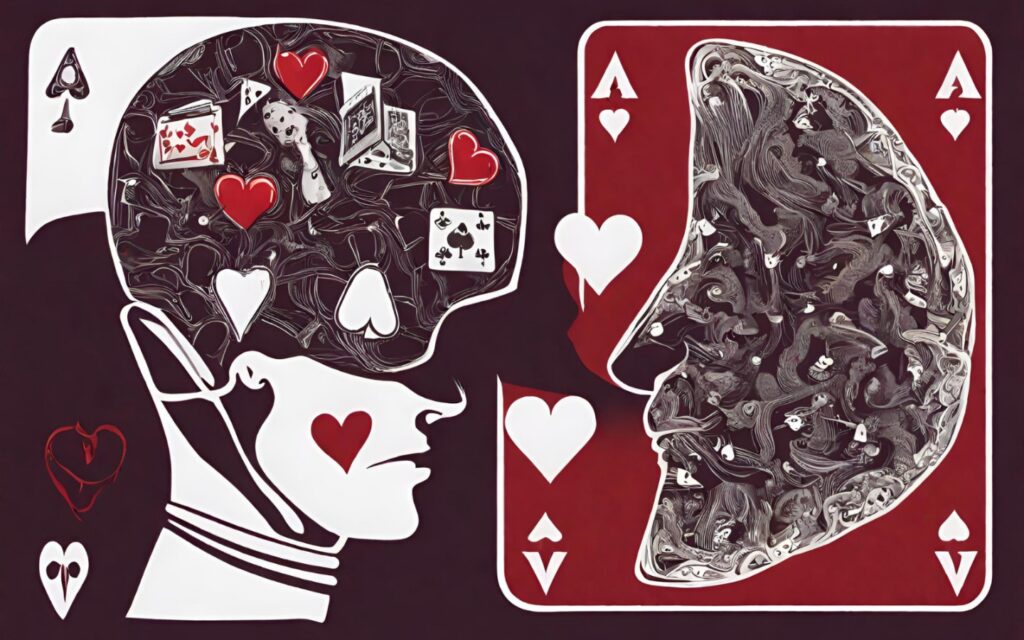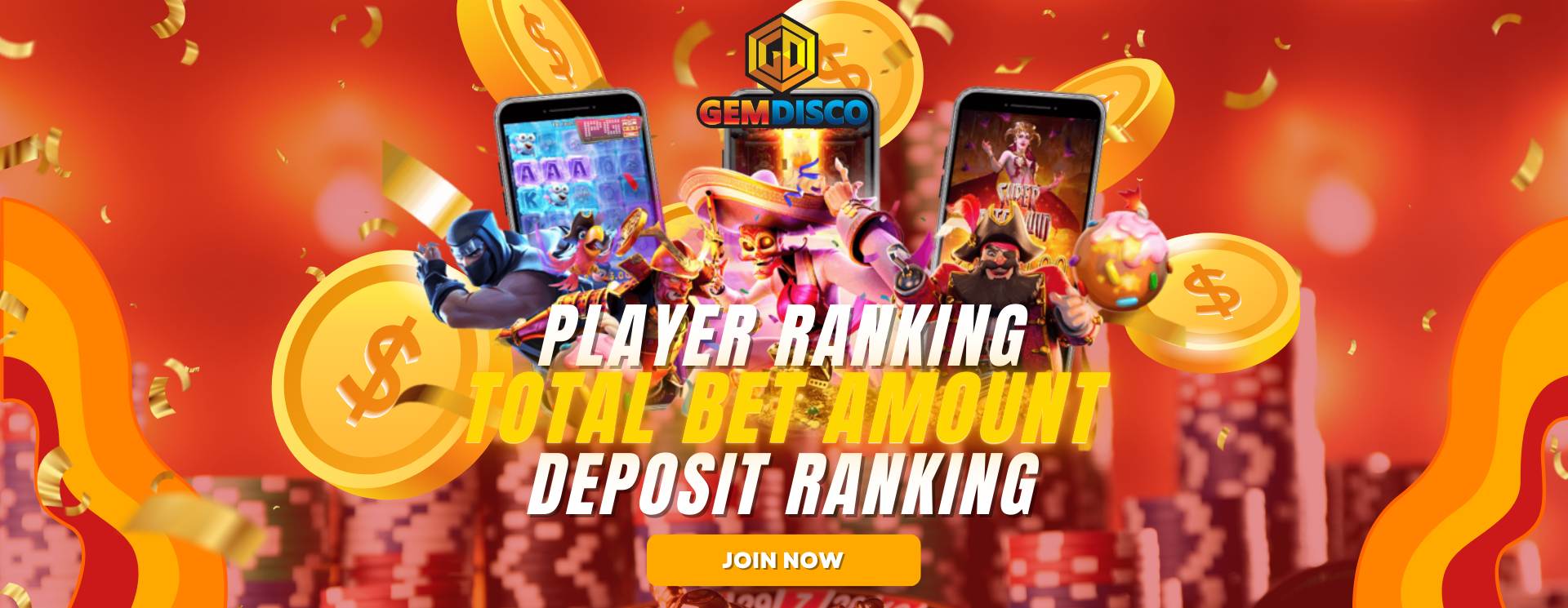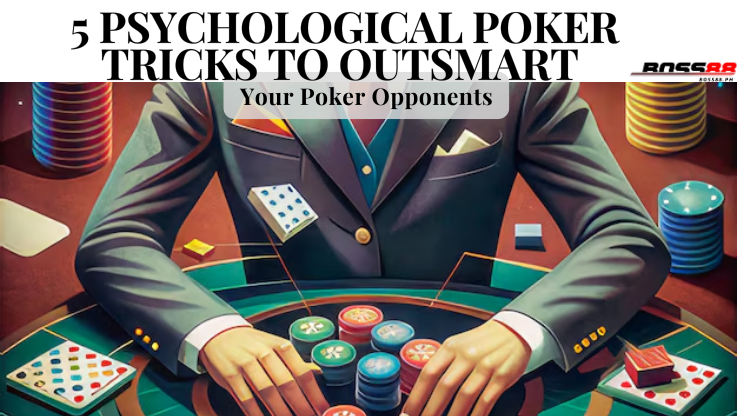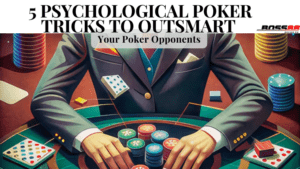In the competitive world of poker, mastering the game involves more than understanding card rankings and betting strategies. Success at the poker table often hinges on psychological prowess. Players who can read their opponents and influence their decisions hold a significant edge. This article dives into five proven psychological tricks that can help you outsmart your poker opponents and elevate your online casino experience.

Master the Art of Bluffing
Bluffing is a quintessential poker strategy that requires more than just boldness—it demands psychological finesse. A well-timed bluff can make your opponent fold a strong hand, handing you the pot without a fight.
How to Bluff Effectively
- Consistency: Ensure your betting patterns remain consistent, so your bluff doesn’t seem out of place.
- Reading Opponents: Identify players who are likely to fold under pressure. Tight players are usually more susceptible to bluffs.
- Spot Opportunities: Bluff only in situations where it makes sense, such as when the community cards favor your narrative.
By mastering bluffing, you can manipulate your opponents into second-guessing their decisions, giving you the upper hand.
Develop a Solid Poker Face (Even Online)
In live poker, a poker face hides your emotions, but online poker requires a virtual equivalent. Your betting behavior, timing, and chat messages can reveal as much as a facial expression.
Tips for a Virtual Poker Face:
- Bet Timing: Avoid making impulsive bets or hesitating too long, as this can indicate nervousness or uncertainty.
- Bet Sizing: Keep your bet sizes consistent to avoid giving away your hand strength.
- Limit Chat Interactions: Stay professional and avoid emotional responses in chat to maintain a composed image.
Even in online casinos, controlling your psychological “tells” can make you a more formidable player.

Exploit Opponents’ Tilt
“Tilt” refers to a state of emotional frustration or agitation that leads players to make poor decisions. Identifying and exploiting an opponent on tilt can be a game-changer.
How to Recognize Tilt:
- Erratic Betting: Watch for sudden, uncharacteristic bets or raises.
- Emotional Chat Messages: Players venting frustration or becoming overly aggressive in chat are often on tilt.
- Reckless Plays: Frequent all-ins or calls with weak hands can signal emotional distress.
Once you identify a tilted opponent, adjust your strategy to capitalize on their mistakes. Play conservatively to let them overcommit or bluff to amplify their frustration.
Read Betting Patterns
Betting patterns reveal more than just the strength of a player’s hand—they unveil their psychological state. Observing these patterns allows you to predict their next move.
Key Betting Patterns to Observe:
- Small Bets: Often indicate a weak hand or an attempt to bait opponents into raising.
- Sudden Large Bets: May signal a strong hand or a bluff intended to intimidate.
- Check-Raise Maneuvers: Suggest confidence in a strong hand.
By paying close attention, you can decode your opponents’ strategies and outplay them at critical moments.

Use Table Image to Your Advantage
Your table image—the perception others have of your playing style—can be a powerful weapon. Whether you’re seen as aggressive, cautious, or unpredictable, you can manipulate this image to deceive your opponents.
How to Shape Your Table Image:
- Switch Styles: Start with a tight approach, then gradually shift to aggressive play to confuse your opponents.
- Create Patterns: Build a predictable image, then deviate to catch your opponents off-guard.
- Leverage Reputation: Use your established image to influence how others perceive your bets.
A well-crafted table image adds another layer of psychological complexity to your game, giving you an edge over less adaptive players.
Final Thoughts
Poker is a game of skill, strategy, and psychological warfare. By mastering these five psychological tricks—bluffing effectively, maintaining a strong poker face, exploiting opponents’ tilt, reading betting patterns, and leveraging your table image—you can outsmart even the most experienced players.
Online casinos provide a unique platform to test and refine these skills. Remember to balance entertainment and strategy with responsible gaming. Whether you’re playing for fun or aiming for big wins, these psychological strategies can help you stay ahead of the competition.
Ready to put these tips into action? Dive into the exciting world of online poker and let your psychological prowess lead you to victory!







































